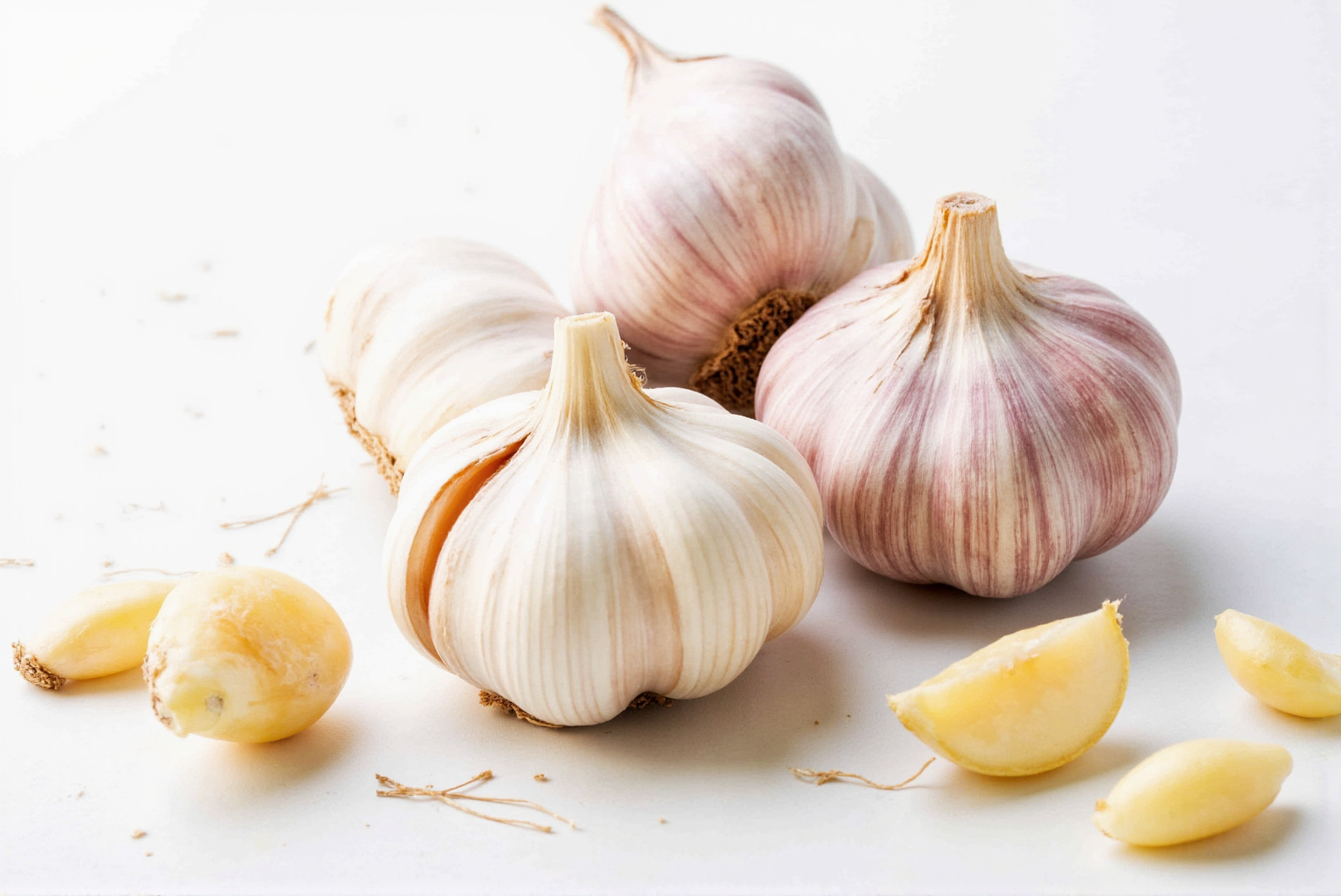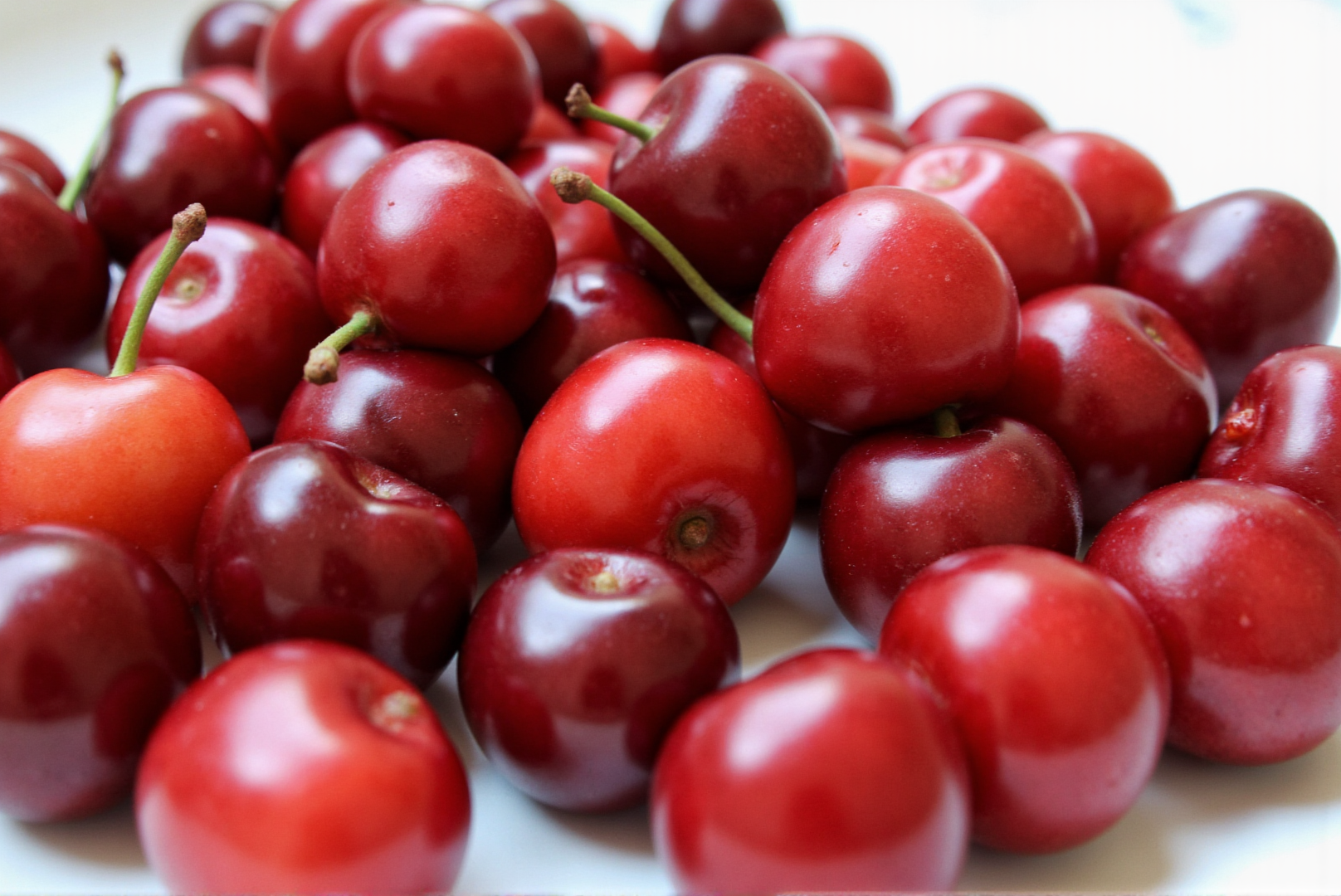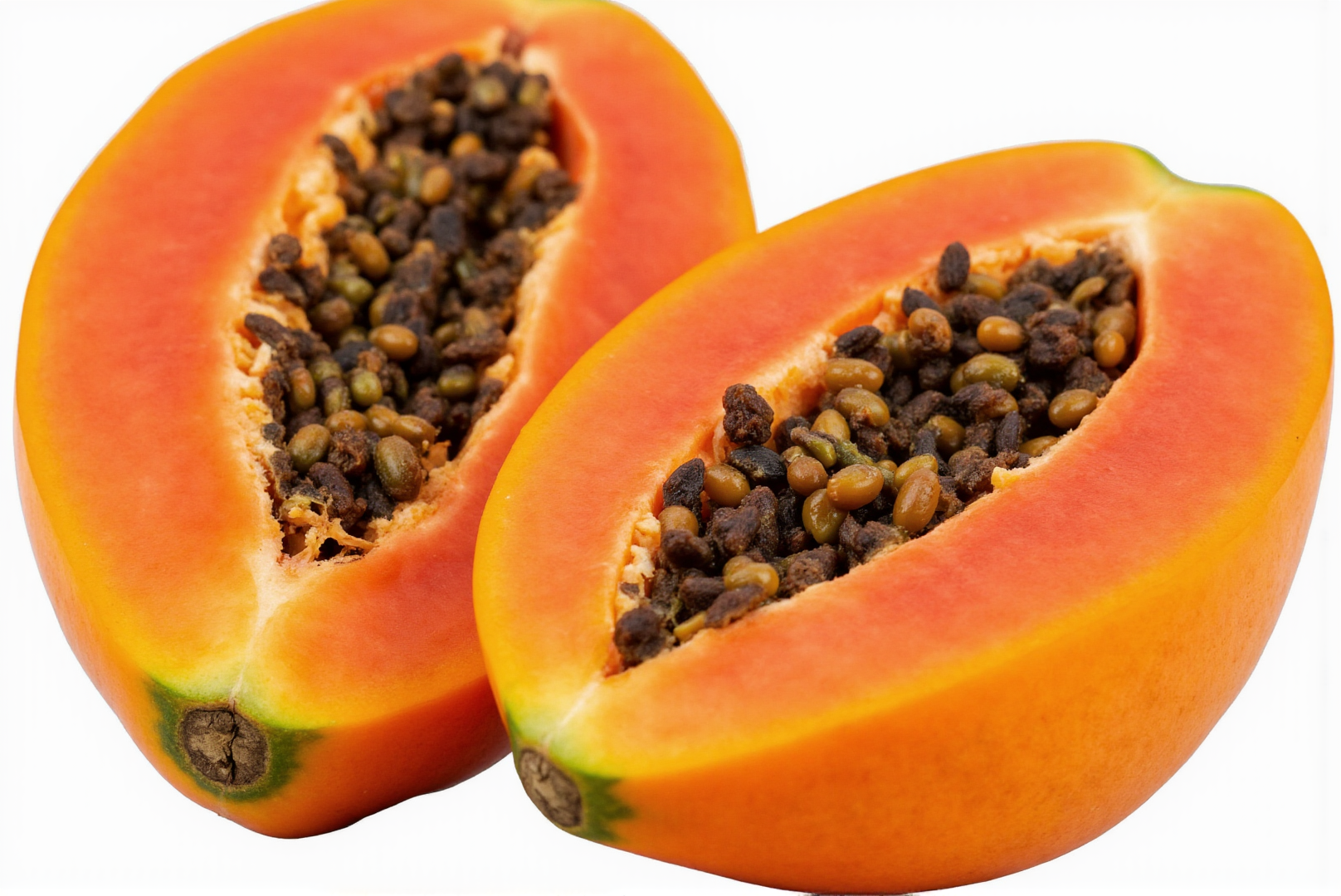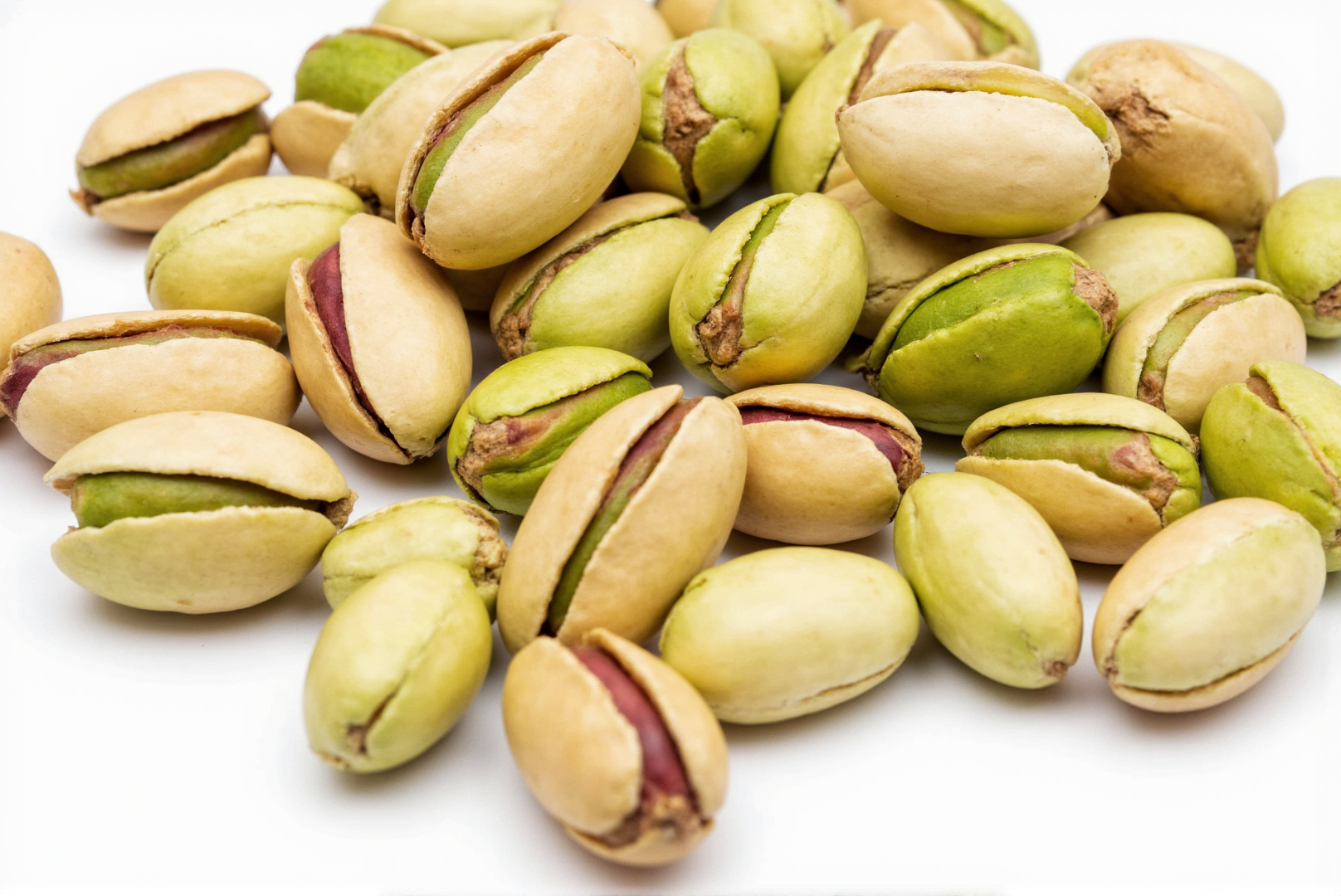Garlic is a common ingredient in many human dishes, prized for its flavor and health benefits. However, when it comes to our canine companions, this aromatic bulb poses serious health risks that every dog owner should understand.
Can Dogs Eat Garlic?
No, dogs should not eat garlic in any form. Garlic belongs to the Allium family, along with onions, leeks, and chives, all of which are toxic to dogs. Even small amounts can cause damage to your dog's red blood cells, leading to a condition called hemolytic anemia.
Why Is Garlic Toxic to Dogs?
Garlic contains compounds called thiosulfates, which dogs cannot properly digest. These compounds damage the red blood cells in dogs, causing them to rupture. This process, known as oxidative damage, can lead to hemolytic anemia, a potentially life-threatening condition.
The toxic dose of garlic for dogs is approximately 15 to 30 grams per kilogram of body weight. However, even smaller amounts consumed regularly can cause problems over time. Some dogs may be more sensitive than others, particularly Japanese breeds like Akitas and Shiba Inus.
Signs of Garlic Toxicity in Dogs
Symptoms of garlic poisoning may not appear immediately. It can take several days for signs to develop, which include:
- Lethargy and weakness
- Pale gums
- Elevated heart rate
- Rapid breathing
- Vomiting and diarrhea
- Loss of appetite
- Abdominal pain
- Dark or reddish urine
- Collapse in severe cases
What About Garlic Supplements for Dogs?
Some pet products contain garlic as a flea and tick deterrent. However, the effectiveness of garlic for this purpose is questionable, and the risks outweigh any potential benefits. Always consult with your veterinarian before giving your dog any supplements containing garlic.
Garlic Powder and Cooked Garlic
All forms of garlic are toxic to dogs, including fresh garlic, garlic powder, garlic salt, and cooked garlic. In fact, garlic powder is more concentrated than fresh garlic, making it even more dangerous. Foods seasoned with garlic, such as garlic bread or pasta sauce, should also be kept away from dogs.
What Should I Do If My Dog Eats Garlic?
If your dog has consumed garlic, contact your veterinarian immediately. The severity of the situation depends on the amount consumed and your dog's size. Your vet may recommend:
- Inducing vomiting if the ingestion was recent
- Administering activated charcoal to prevent absorption
- Blood tests to monitor red blood cell levels
- IV fluids for hydration and support
- Blood transfusions in severe cases
Safe Alternatives to Garlic
If you're looking to add flavor to your dog's food or provide health benefits, consider these safe alternatives:
- Parsley for fresh breath
- Turmeric for anti-inflammatory properties
- Ginger for digestive health
- Cinnamon in small amounts for antioxidants
- Fresh herbs like basil or oregano
Prevention Is Key
The best way to protect your dog from garlic toxicity is prevention. Store garlic and garlic-containing foods out of reach. Be cautious when cooking with garlic, as dogs may be attracted to the smell. Educate family members and guests about the dangers of feeding table scraps to your dog.
Conclusion
While garlic may be a superfood for humans, it's a dangerous substance for dogs. No amount of garlic is considered safe for canine consumption. If you suspect your dog has eaten garlic, don't wait for symptoms to appear—contact your veterinarian immediately. By keeping garlic away from your furry friend and choosing safe, dog-friendly alternatives, you can ensure your pet stays healthy and happy.




